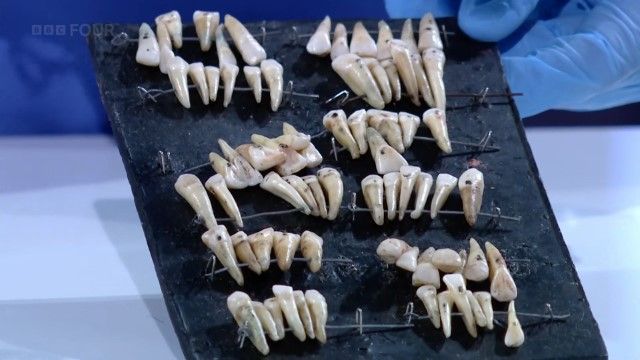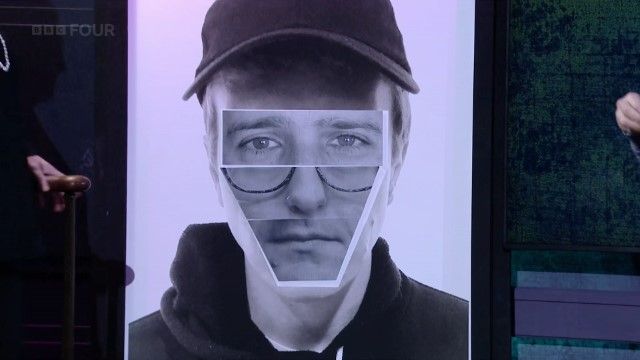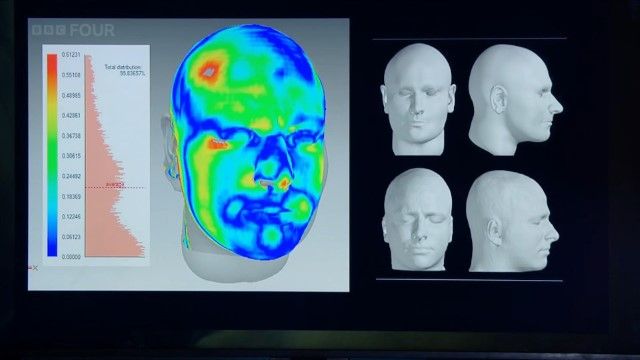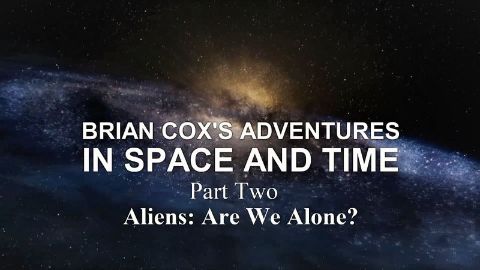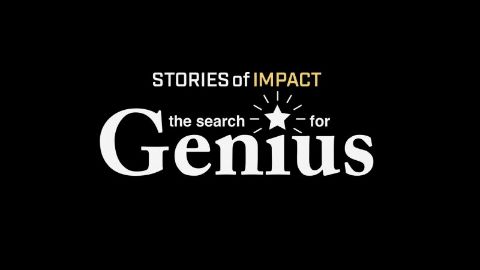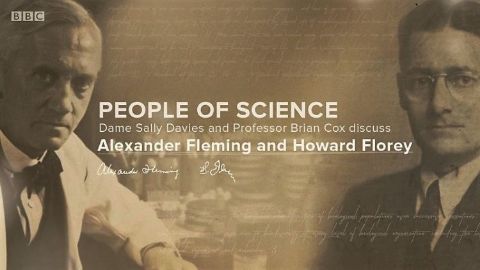Living Body • 2022 • episode "S1E3" • Secrets of Forensic Science
The final lecture in the series begins with a 'heist'. A jewel thief steals a precious man-made diamond from the Royal Institution's collection. Can forensic evidence conclusively identify and convict the criminal responsible? To find out, the Royal Institution's lecture theatre is transformed into a courtroom and the audience acts as jury on the case, with a special guest king's counsel invited to defend the suspect. Forensic evidence is based on probability; it can never be 100 per cent certain. So, how convincing does the evidence need to be for the court of the Royal Institution's own jury to reach a guilty verdict? Includes insights from real criminal investigations.
Make a donation
Buy a brother a hot coffee? Or a cold beer?
Hope you're finding these documentaries fascinating and eye-opening. It's just me, working hard behind the scenes to bring you this enriching content.
Running and maintaining a website like this takes time and resources. That's why I'm reaching out to you. If you appreciate what I do and would like to support my efforts, would you consider "buying me a coffee"?
Donation addresses
BTC: bc1q8ldskxh4x9qnddhcrgcun8rtvddeldm2a07r2v
ETH: 0x5CCAAA1afc5c5D814129d99277dDb5A979672116
With your donation through , you can show your appreciation and help me keep this project going. Every contribution, no matter how small, makes a significant impact. It goes directly towards covering server costs.
